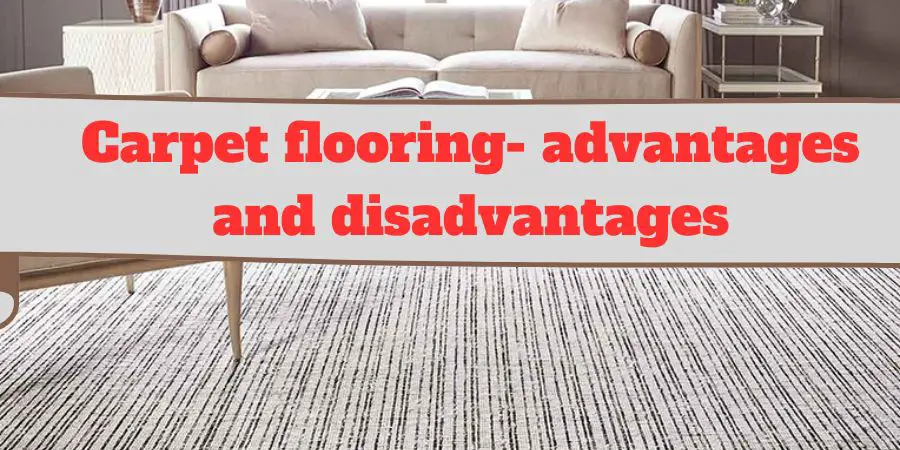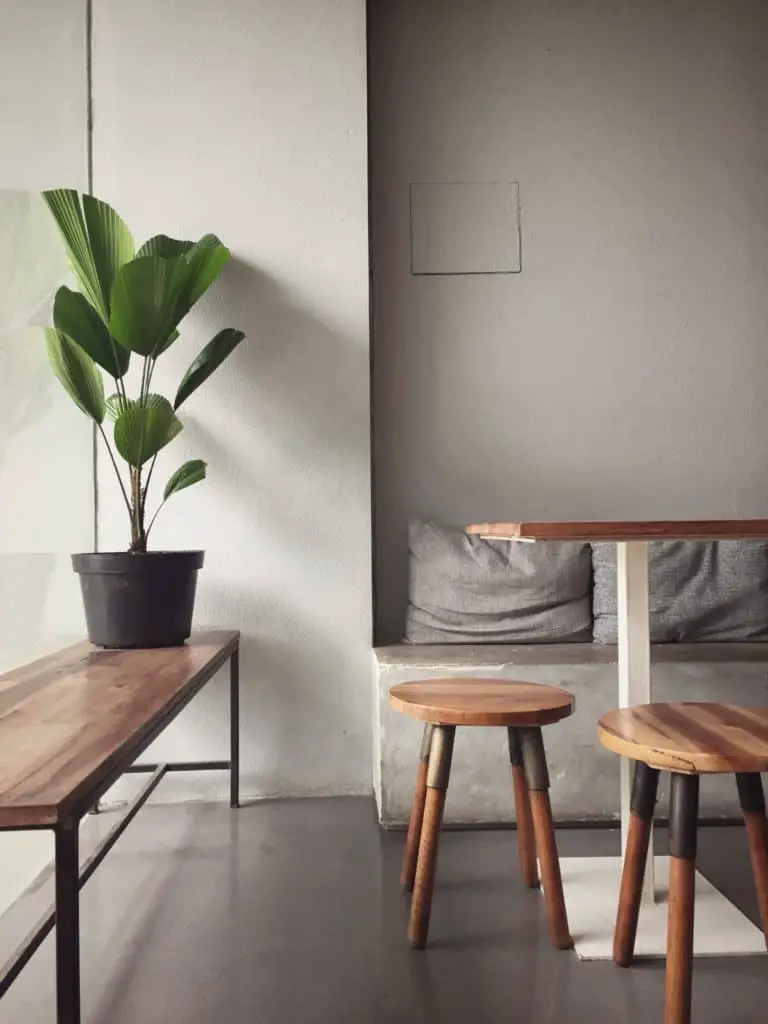Carpet flooring is a type of flooring that is made up of fibers, usually synthetic or natural, that are woven together to create a soft, plush surface.
The fibers can come in a variety of colors and patterns, making it a versatile option for any room in the house. Carpet flooring is often installed with padding underneath to provide additional cushioning and support.
It can be found in homes, offices, and other commercial settings, and is a popular choice due to its comfort and affordability. However, carpet flooring also has some disadvantages, such as its susceptibility to stains, odors, and allergens.
Stains:
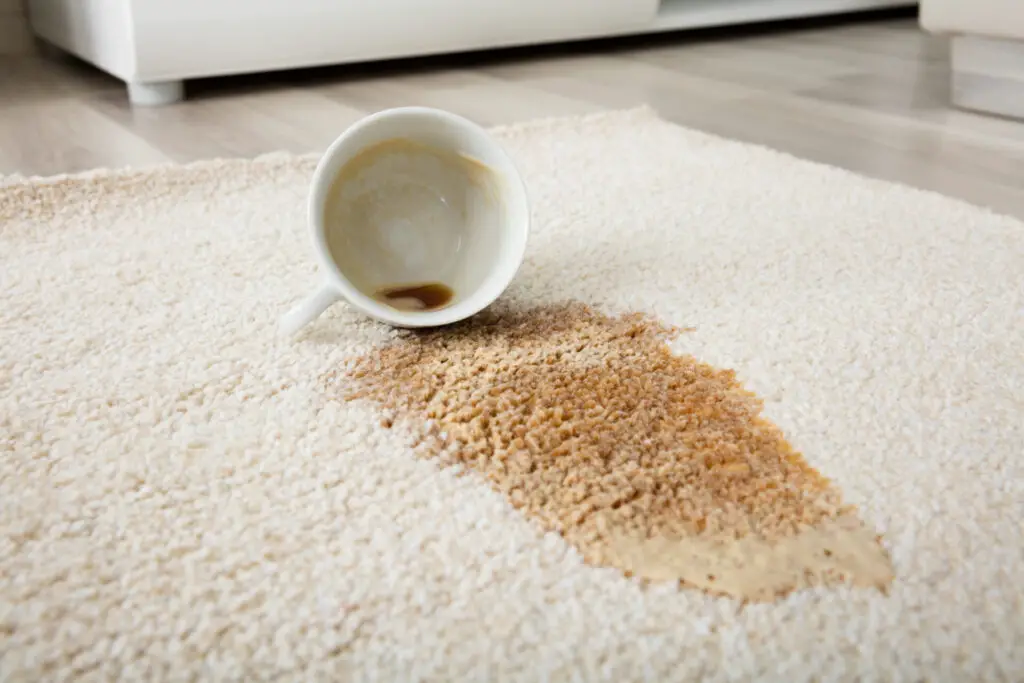
One of the biggest issues with carpet flooring is that it can be easily stained, especially if you have kids or pets at home. Even a small spill or accident can leave a stubborn stain that may be difficult to remove.
Odors:
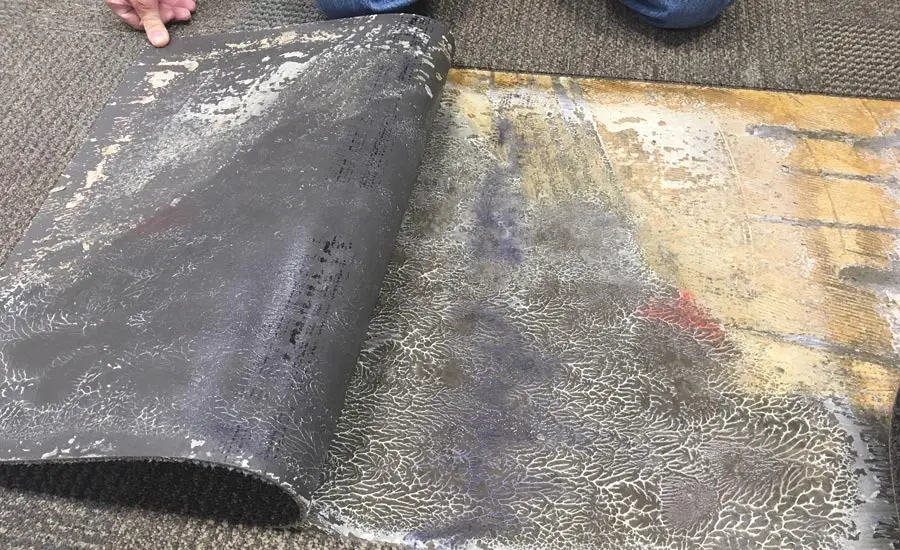
Carpet can trap odors from pets, cooking, and smoking, which can be a real problem. Over time, these odors can build up and make your home smell unpleasant.
Allergens:

If you or someone in your home has allergies or respiratory issues, carpet may not be the best flooring option. That’s because carpet can trap allergens such as dust, pollen, and pet dander, which can be difficult to remove from the carpet fibers.
Cleaning:
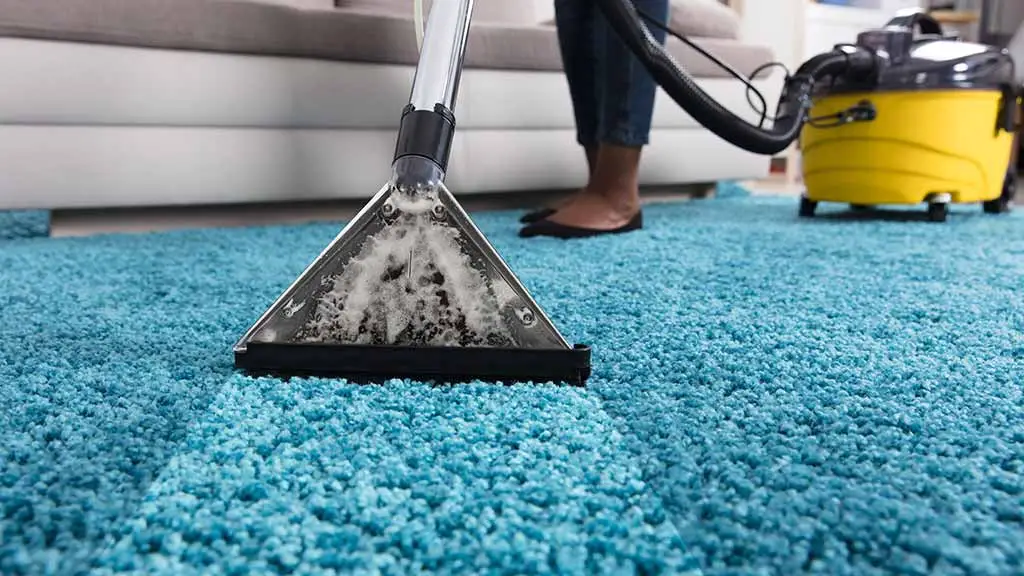
Keeping your carpet clean can be a real hassle. Carpets require regular cleaning to maintain their appearance and remove dirt and stains. Professional carpet cleaning can be expensive and time-consuming, while DIY cleaning can be ineffective or even damaging to the carpet.
Wear and Tear:
Over time, carpets can show signs of wear and tear, particularly in high-traffic areas. Heavy furniture can also leave indentations on the carpet fibers that may be difficult to remove.
Moisture:
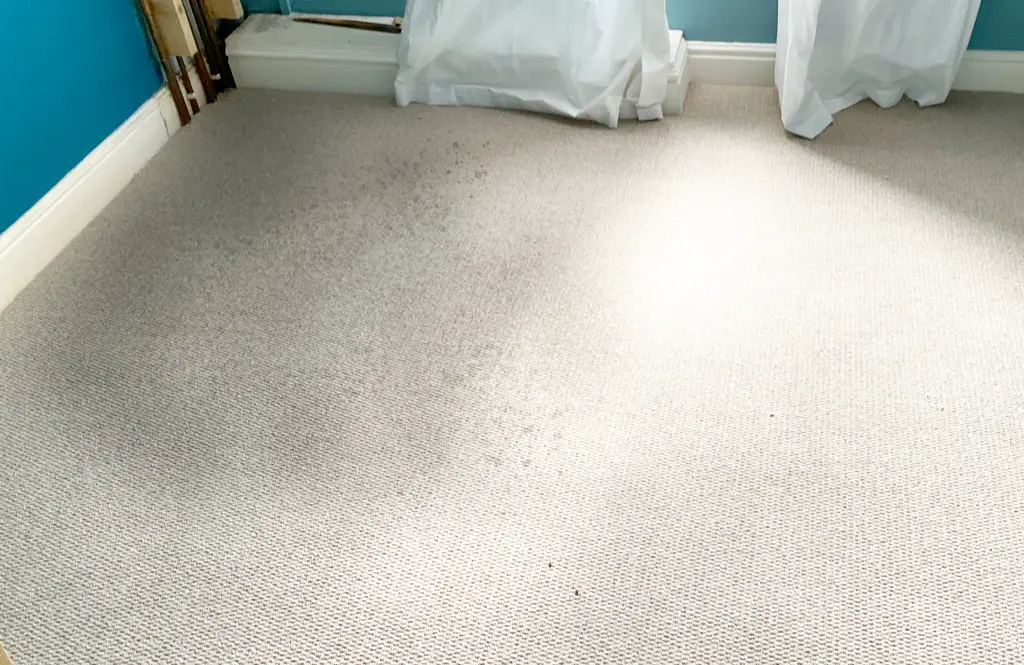
Carpet flooring may not be the best choice for high-moisture areas such as bathrooms or kitchens.
Moisture can seep into the carpet fibers and cause mold and mildew growth, which can be difficult to remove and may require professional cleaning.
Durability:
While carpet can be comfortable and cozy, it may not be as durable as other flooring options such as hardwood or tile. Carpets can become matted or worn over time, particularly in high-traffic areas, and may need to be replaced sooner than other flooring options.
Cost:
Finally, let’s talk about cost. Carpet can be expensive to install, particularly if you opt for higher-end materials.
Additionally, the cost of maintenance and cleaning over time can add up and make carpet a more expensive flooring option in the long run.

